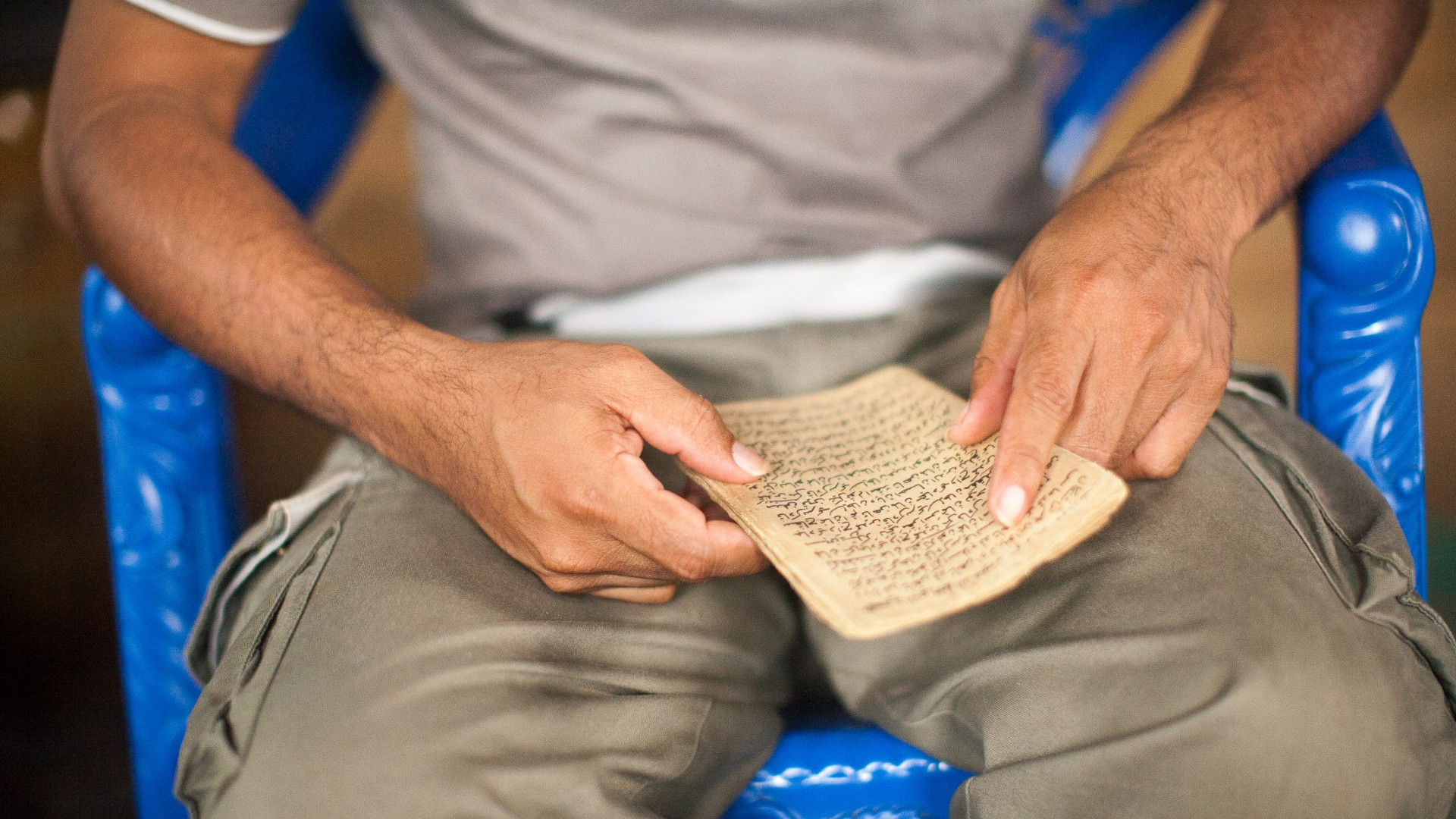
My years on the mission field were truly some the most fulfilling years of my life. They were joyful and life-giving. They were also tear-filled, stressful, and often just plain difficult. There were days I wanted to give up and move back to America. And yet, I’ll never regret a single day that I and my family lived on mission overseas.
I have learned a few things along the way. If I could go back twenty years and write a letter to my brand new missionary self, I’d highlight the truths that I needed to be reminded of every day. Here are words of counsel I’d offer to new missionaries.
Learn to Be Content and Choose Gratitude
Before you even get on that airplane, make an intentional, hard and fast covenant with God that from day one you will choose to have a heart of gratitude.
In her book, Calm My Anxious Heart, Linda Dillow wrote of a missionary woman living in a mud hut in Africa who was one of the most content people she had ever known. When Dillow asked for her secret to contentment, the woman replied, “Never allow yourself to complain about anything—not even the weather” (13).
“Never allow yourself to complain about anything—not even the weather.”
I have seen a critical spirit do more damage to missionary teams and families than just about anything else. Remember that the apostle Paul learned to be content in all situations. It’s up to you to choose gratitude and contentment. It can be learned!
Your state of contentment is not dependent on functioning technology. It’s not dependent on the ease or difficulty of expat relationships. It’s not dependent on your level of exhaustion as a young parent. Memorize Scripture both in English and in the national language, and hide God’s Word in your heart so you can cling to truth when temptation for cynicism or criticism arises. Learn to be content and choose gratitude.
Prioritize Learning Spiritual Language
If you desire to share the gospel clearly and accurately, expect language learning to require serious work. Commit to the work, sweat, and tears required to learn spiritual language and vocabulary as early as possible.
By the end of my first year on the field, I could hold long conversations about children, cooking, or the weather, but because I hadn’t learned very much spiritual vocabulary, I wasn’t well-prepared to transition everyday conversations to the gospel. I will never forget a conversation my husband and I had with a national friend. Our friend was sharing something very important, yet I missed the context of the entire conversation because I didn’t know the local translation of the biblical language.
If I could re-prioritize the time I spent learning language, I’d study basic gospel vocabulary as early as I studied vocabulary for the days of the week and months of the year. Everyday words can be learned just through saturation in the local community. Spiritual language learning takes time and intentionality. Prioritize it early.
Don’t Associate All Difficulties with Living Overseas
Evangelism isn’t necessarily easier in America. Yes, evangelism in your second language is hard. It’s humbling and often embarrassing, and did I mention hard?
I remember sitting with a missionary girlfriend our first term on the field, and the conversation went something like this: “I’m just dying to use my gift of teaching. That’s how God made me. If I lived in America, I’d have so many opportunities. Maybe this just isn’t where God wants me!” After some prayer and confession, I moved out of the “woe is me” mindset, but my girlfriend didn’t. In fact, she moved back to the States.
It wasn’t long after that when she humbly acknowledged that sharing the gospel with those who have hardened hearts is truly difficult wherever you live. If you are sharing the good news of Jesus Christ in your second language, it will be hard. Yet, if you are sharing in your heart language in your hometown, it will still be hard. Don’t fall into the trap of associating all difficulties with living overseas.
Focus Your Relational Energy on Those Who Need the Gospel
Yes, cherish and prioritize deep connection with other expats, but set limits. I’m convinced that expat relationships can be a precious, just-when-needed-most gift that God gives those who leave family and friends for the sake of advancing the gospel cross-culturally. In fact, you may experience a level of intimacy with the international body of Christ you will never experience in quite the same way again.
Yet, realize that there really can be too much of a good thing. Hold each other accountable to save prime relational energy for those who desperately need to hear the gospel of Jesus Christ. Stay focused on the mission.
Don’t Give Up
Lastly, persevere. Just don’t give up. Some of my most fruitful discipleship relationships finally came after spending a decade on the field. Don’t give up when other expats come and go. Don’t stop learning language when you find you have enough to function in society. You may not have tomorrow in this country. So, take advantage of today.
Learn deeper spiritual vocabulary today. Choose gratitude and contentment today. Boldly do the work of an evangelist.
There is much freedom that comes from faithfulness. Choose today to be faithful in all things. Expect God to keep his promises. Know that he really will be faithful to complete the good work he began in you. And confidently know that all things really do work together for good for those who love God and who are called according to his purpose.
Cyndi Logsdon spent twelve years living in a predominantly Muslim nation where she raised two daughters, shared the gospel, discipled women, and drank lots and lots and lots of tea. You can follow her on Twitter.

